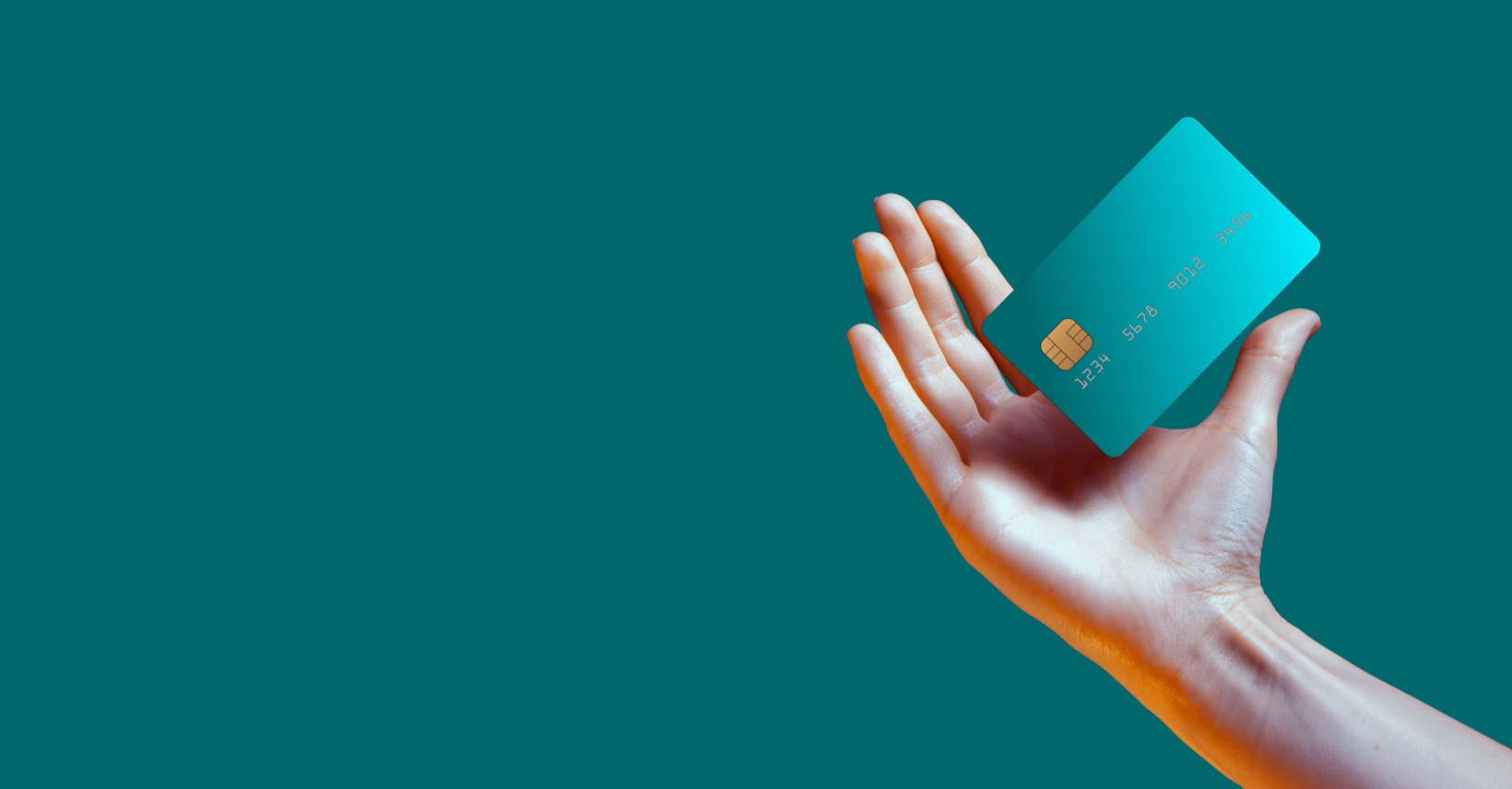Credit cards are one of the best recent advancements in financial technology, and when used appropriately, they can actually help build your credit score and keep your finances on track. Unfortunately, many people misuse and abuse their credit cards, resulting in a lot of debt, fees, and unnecessary stress. In this article, we’ll discuss how to avoid becoming this person, and how to keep your credit card debt from running your life. If you currently have credit cards or are considering opening one, keep reading to plan the best strategy for utilizing credit.
Managing Credit Cards Can Quickly Become Overwhelming
The reason why many people abuse and misuse their credit cards is simple: they are easy to use, and they can quickly get you out of a bind or help you purchase what you want. It’s easy to see your credit cards as free money or an extension of your own budget, but you should never treat them like that. If you do this, your credit card debt can become increasingly overwhelming and even snowball into a complete disaster. You need to be sure you stay out of debt and start saving before even thinking of using cards.
Don’t Use Them as “Free Spending”
As we just mentioned, don’t use your credit cards as “free spending money” or an outlet to buy something you want when you don’t have the cash on hand. This is exactly how credit card debt develops. Instead, it would help if you looked at your credit cards primarily as a form of emergency money that should be used when you absolutely need to buy something but otherwise would not be able to. If you use your credit cards as free spending money, you will quickly fall into the trap of not being able to pay back what you have purchased, which is when debt becomes unavoidable.
Spend Only What’s In Your Checking Account
The best way to avoid snowballing credit card debt is to only spend what you already have in your checking account or on your debit card. If you can’t buy it without your credit card, you probably shouldn’t buy it at all! Additionally, if you spend money already in your checking account, don’t use that money for something else before paying off your card. By not keeping track of where your money needs to go, debt can quickly develop and spiral out of control.
Remember Your Ideal Credit Usage Percentage
Your credit usage is a percentage calculated by taking the sum of your balances divided by the sum of all your total credit limits. Your credit usage is essentially a percentage that tells you how much of your credit line you’re using. Ideally, credit experts advise keeping your credit usage at 30 percent or less to maintain good credit. This means that if you have a credit card with a limit of $2000, your balance should never go above $600. Not only does this help keep your credit score high, but it also helps you to pay off your cards quickly each month and not carry a balance (debt) over into the next month.
Pay Off Your Cards Monthly
Another excellent tip for keeping your credit cards in check is to pay them off completely (down to a $0 balance) each month. Every credit card will have a monthly “bill due” date, so you should pay off your balance a few days or even a week before the bill is due to avoid late fees. Of course, paying off your card balance too quickly will not allow you to get the benefits of your credit card (flight points, cash back, etc.), but paying your card off too late will incur late fees and possibly even bring your credit score down. So be sure to check the dates carefully.
Set Reminders
To avoid paying late fees and dragging your credit score down, it can be helpful to set reminders for yourself. For one, you should always have reminders set for when each of your bills is due. In most cases, they won’t be due the same day or even the same week, so make sure you have the date marked down somewhere for each of your cards. Additionally, you should write notes and set reminders every time you spend money on your card that you’ll need to pay off from a specific account. That way, you won’t forget the money you owe on the card and spend it elsewhere, leaving yourself in debt.
Don’t Open Too Many Cards
While it’s good to have a few credit cards to build up credit, opening too many credit lines can become a problem. For example, applying to multiple credit cards within six months can make you look like a risky borrower to lenders. So even if you don’t use the credit lines, you will likely still appear risky. Additionally, having too many cards will make you more likely to over-borrow and accrue debt through your credit lines. Lenders know this, and they will frown on this behavior.
Don’t Close Too Many Cards
It might seem counterintuitive to think closing credit cards could hurt your score. However, this is actually the case. Closing a credit card will lower your overall available credit meaning your credit utilization percentage will end up being higher. Additionally, your credit age is essential to your credit score, as it indicates how long you have been trustworthy with your accounts. Therefore, if you close a credit card that has been open for a long time, it will hurt your credit age and, thus, may lower your credit score.
Don’t Open Store Credit Cards (With Exceptions)
Store credit cards can be a great way to build a relationship and an account with a retail store, earn points, and get savings for products you would usually buy anyway. Store credit cards can have some significant advantages for frequent shoppers (i.e., if you get one for a grocery store you shop at every week), but they can also have some disadvantages. For example, store credit cards make it even easier to accrue debt if you get caught up in the facade of “earning points” at the store or getting cash back. This is really just another way for the store to make money from you, so don’t be fooled by their marketing tactics. One or two store cards can be good to build your credit score, but don’t go overboard.
Use Credit Cards for Simple, Predictable Expenses
It is best to use credit cards for simple, predictable expenses. For example, you always know you will have to buy groceries or gas, and you’ll have to account for that in your monthly budget. So, it can be really great to use a credit card for these purchases and then be sure to pay them off at the end of the month. Additionally, this can be a great way to start using your credit card for those new to them.
If Things Go Awry, Create a Payment Plan
If you accrue a higher balance on your card than you expected, don’t panic. It happens to nearly everyone at some point, but it can be undone. If you can’t pay it off completely right now, make a payment plan for yourself. Chip away a little bit every month until it’s paid down to zero to ensure your credit plan stays on track.











